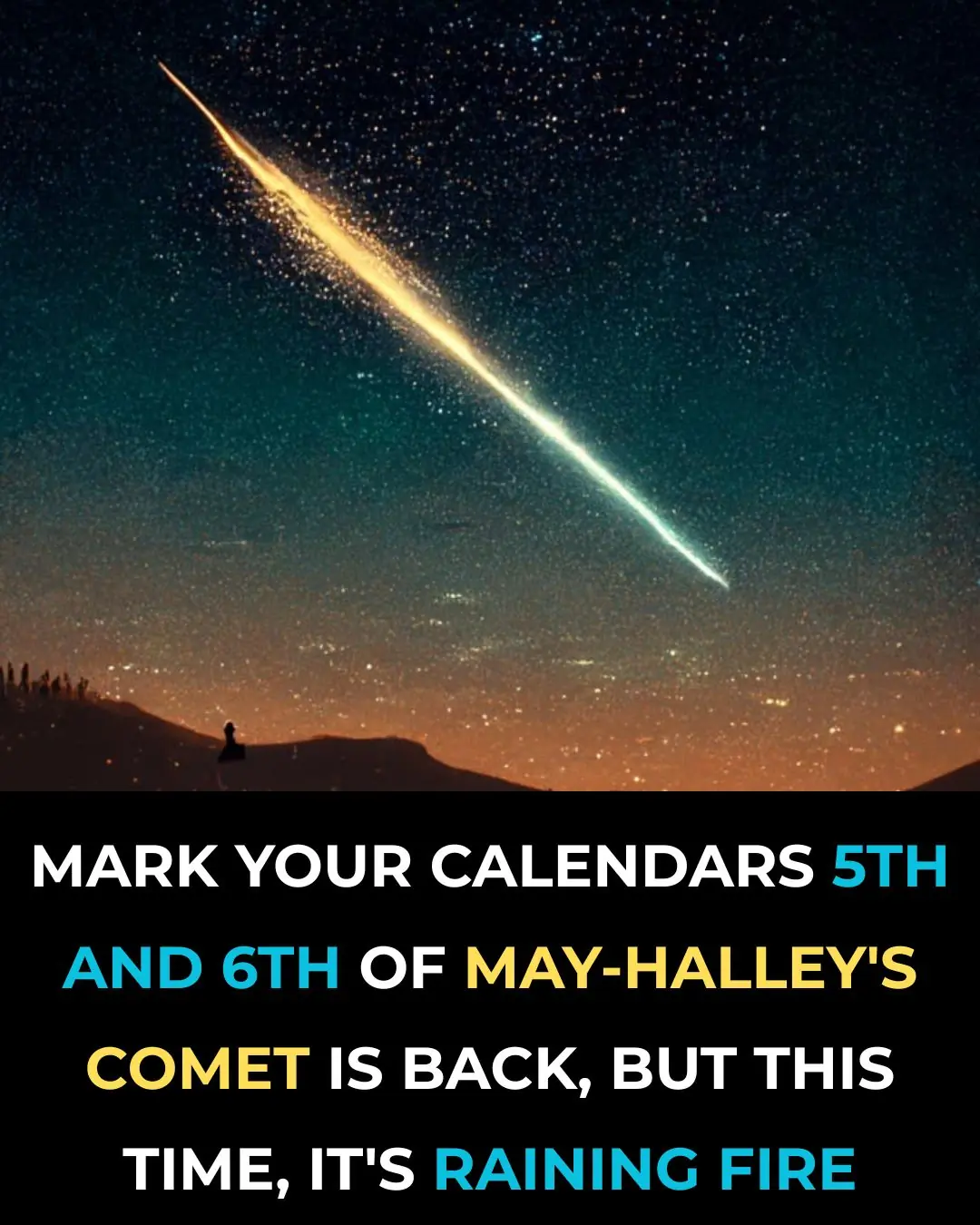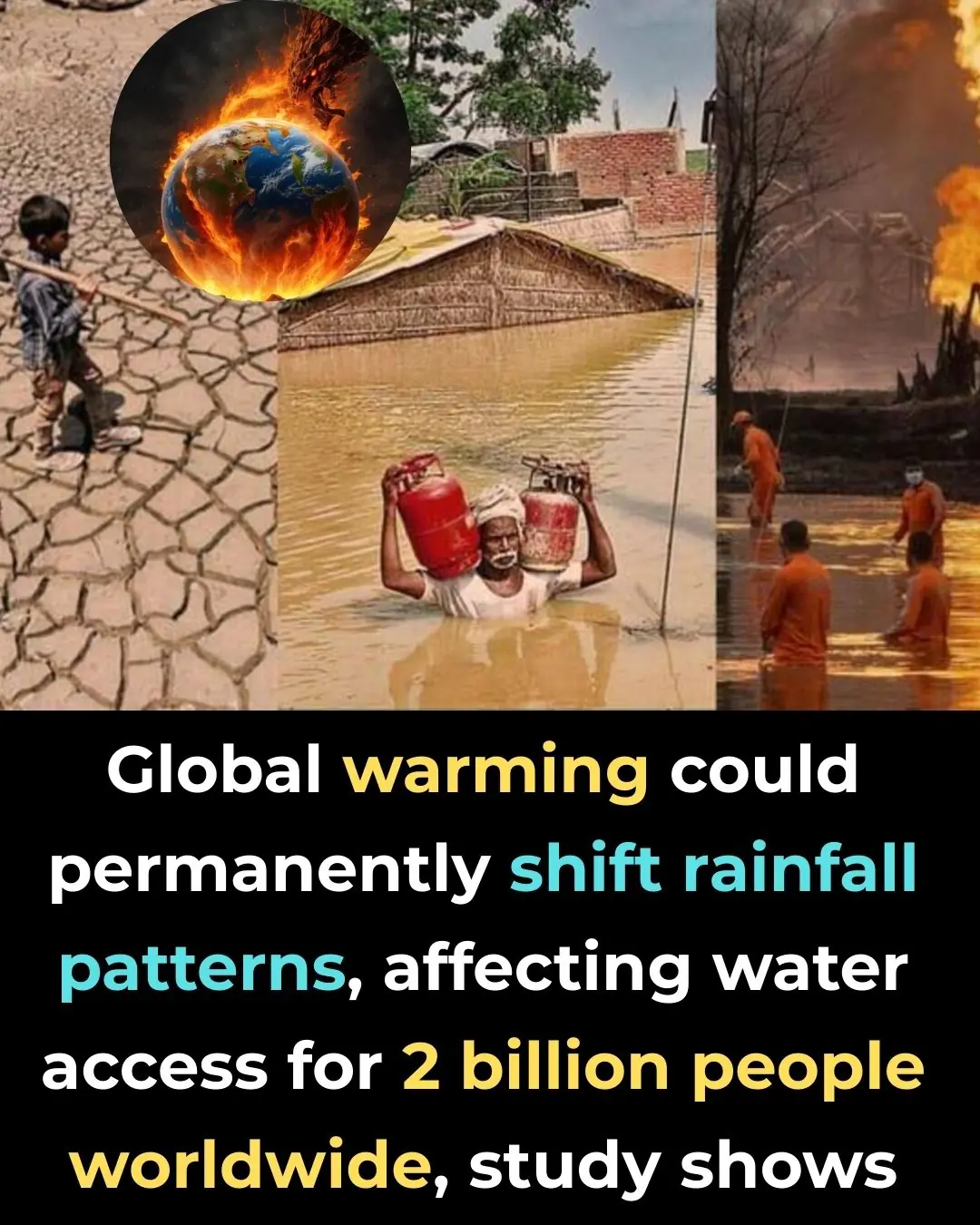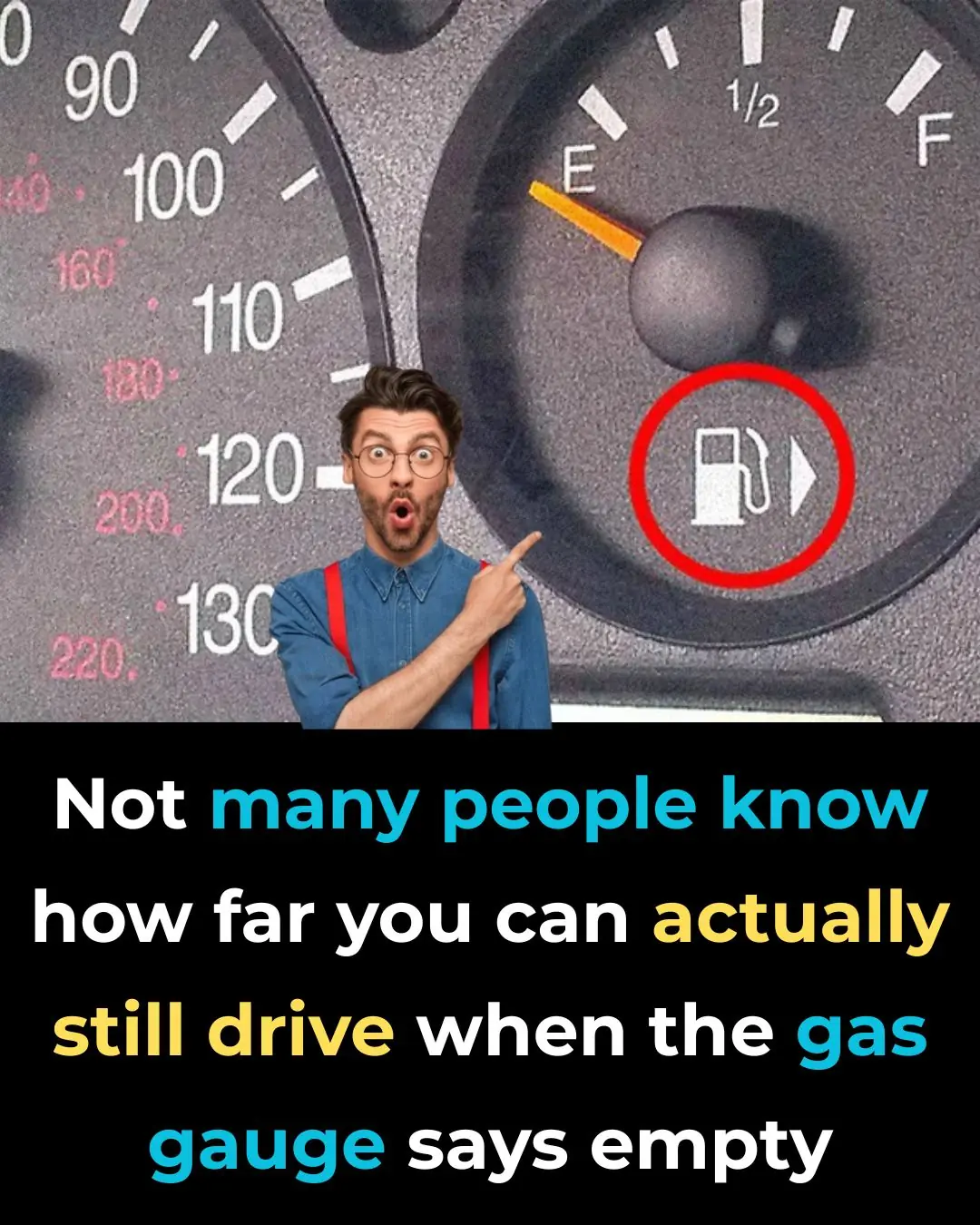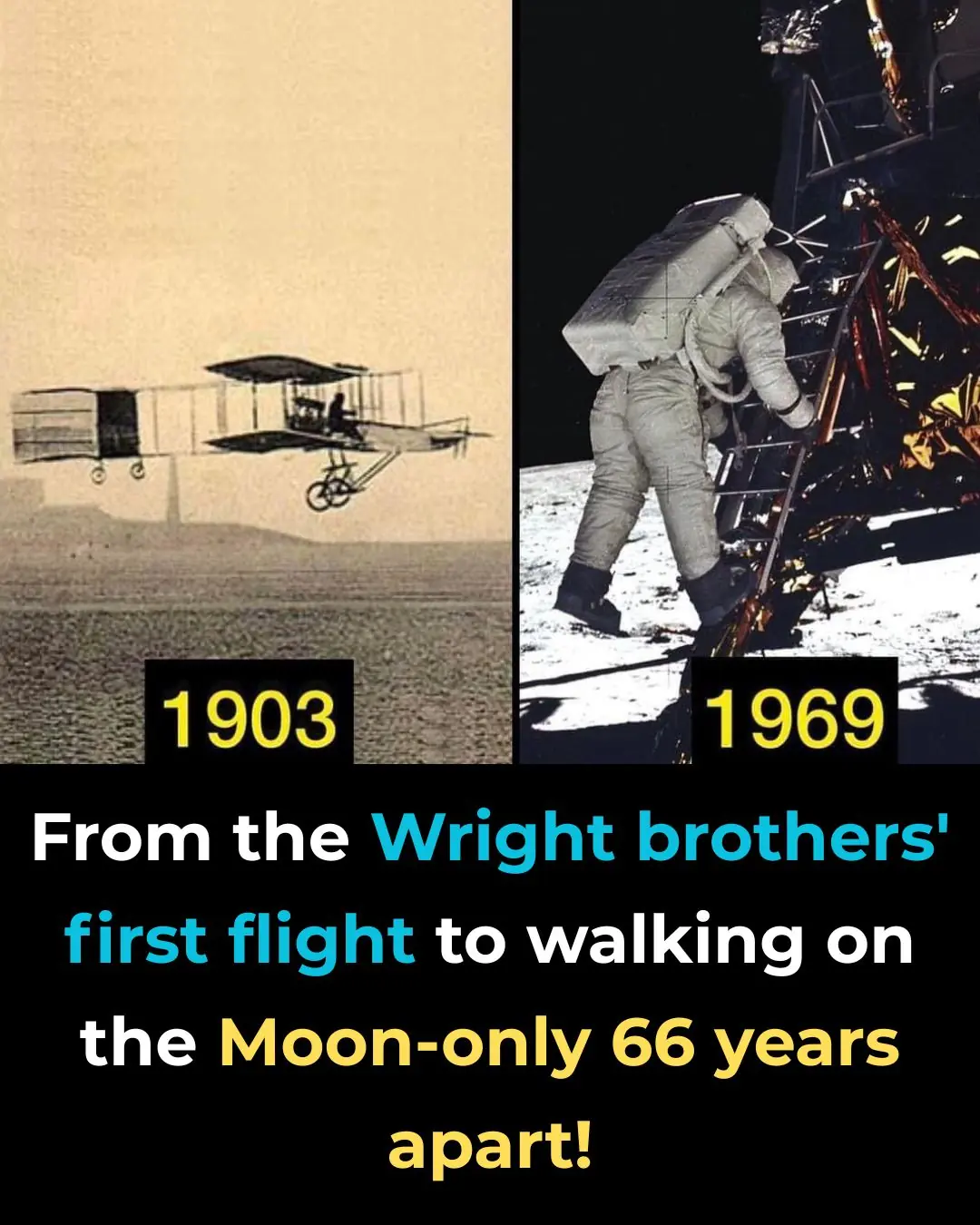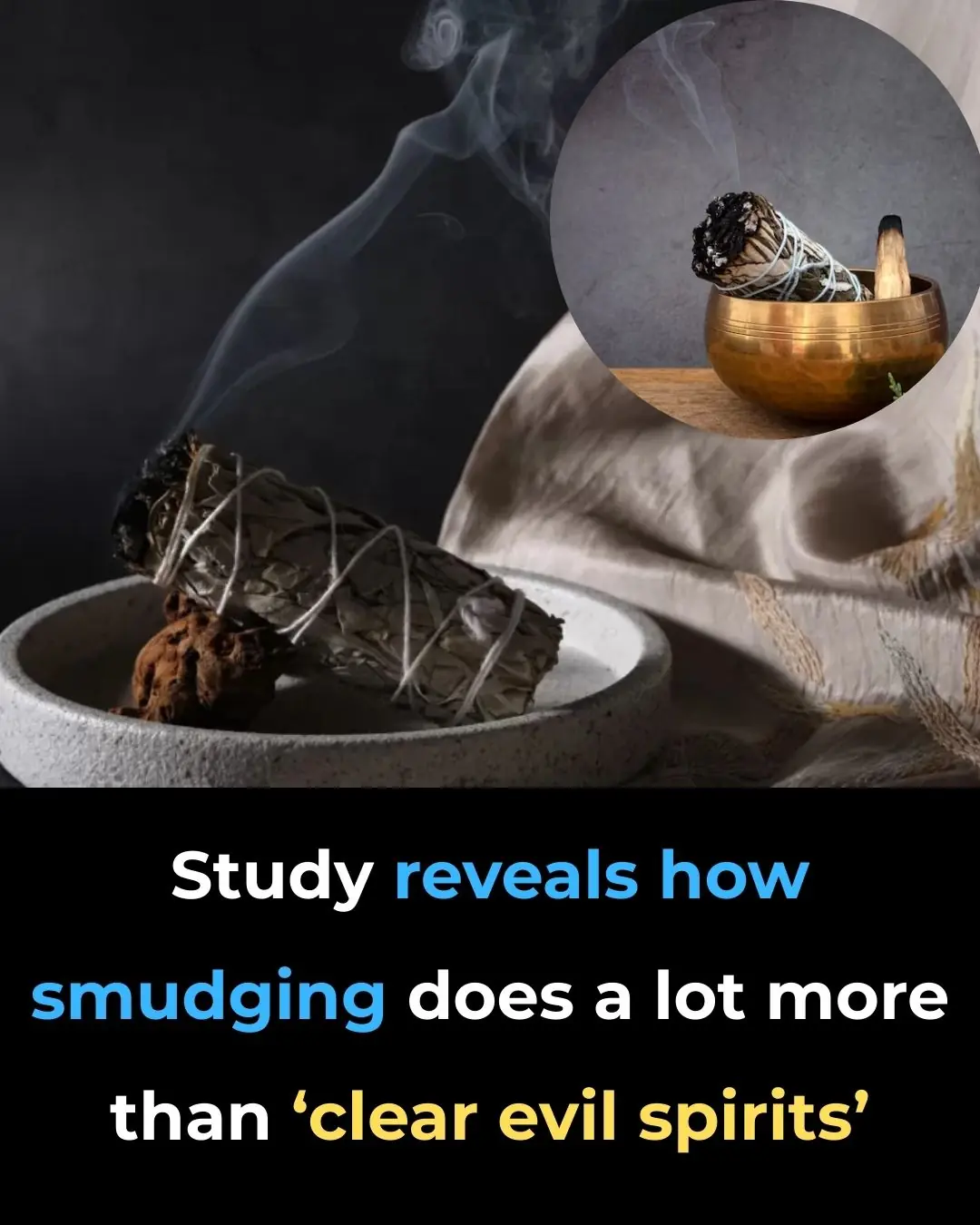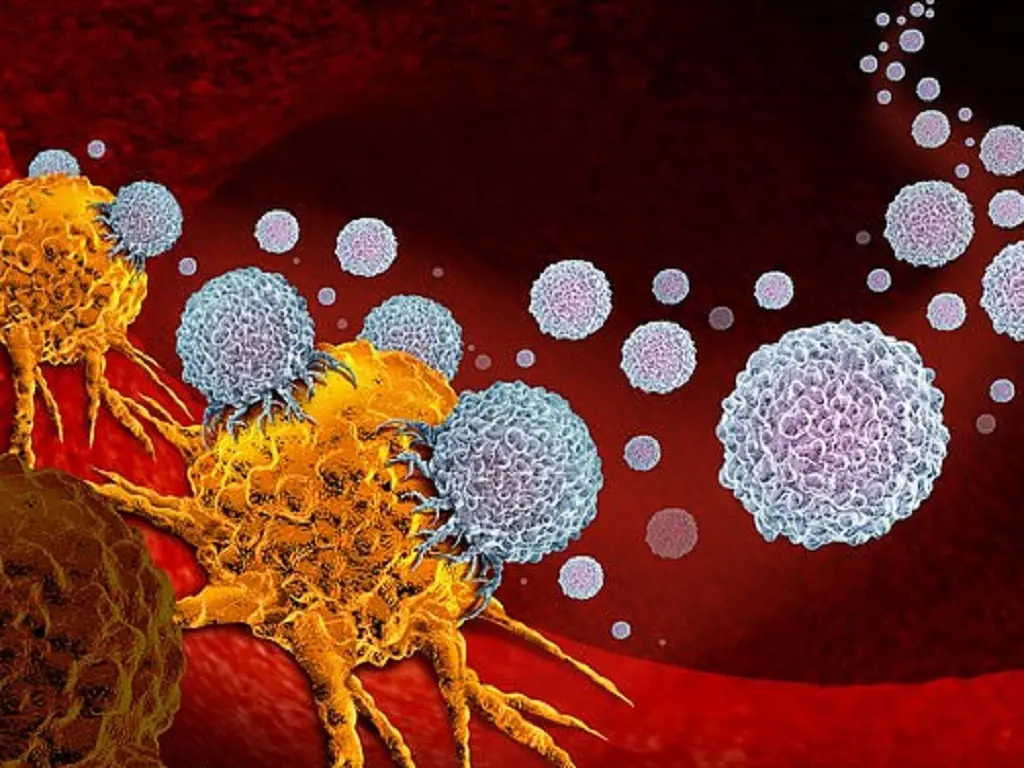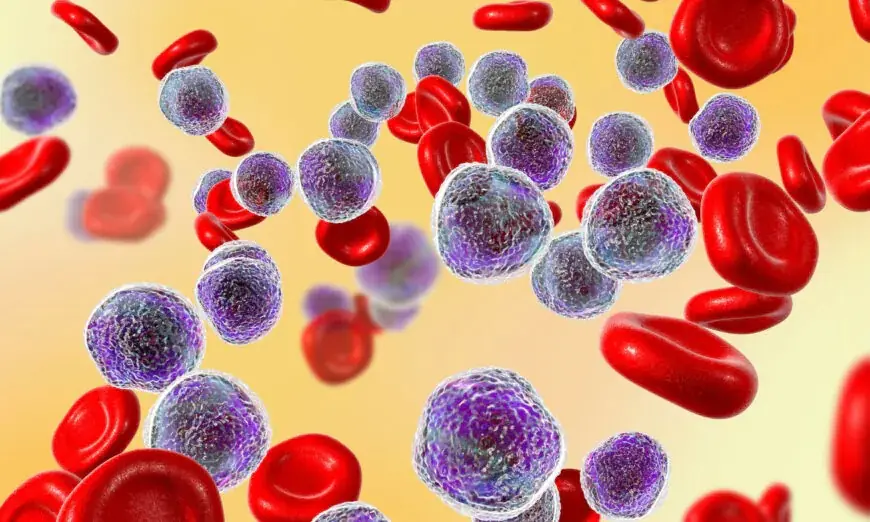Picture the last time you eased onto a highway: seatbelt clicks, eyes flick to the mirrors, mind rehearses the route. Now imagine a hidden variable woven into that moment your stance on a vaccine. In Ontario’s largest traffic-safety analysis to date, researchers sifted through health and crash records for more than 11 million adults and found that drivers who skipped a COVID-19 shot were 48 percent more likely to land in the emergency bay after a collision a risk on par with the crash profile of untreated sleep-apnea patients.
Why would a decision made at a clinic reverberate onto the road? The study’s authors suggest a common behavioral thread: the same distrust of public guidelines that fuels vaccine hesitancy may loosen respect for speed limits, seatbelts, or that cautionary pause at a yellow light.
The numbers are sobering one in four serious crashes in the study involved an unvaccinated person, even though they made up only one in six of the population sampled. On busy streets and quiet rural lanes alike, the pattern held, hinting that this is not just an urban-traffic artifact or a quirk of vehicle type.
So the next time you buckle up, consider this: avoiding a shot may not change the way your car handles, but it could say a lot about how you—and those sharing the road with you calculate risk. The following sections unpack what the data really show, where the psychological links might lie, and how public-health choices can echo far beyond the doctor’s office.
The Unexpected Correlation: Vaccines and Car Crashes
When epidemiologists at Toronto’s Sunnybrook Research Institute cross-referenced Ontario’s electronic health records with every emergency-department visit that followed a road accident in July 2021, they unearthed a pattern no seat-belt campaign had ever flagged: the 16 percent of adults who were unvaccinated against COVID-19 accounted for 25 percent of serious traffic collisions. In raw terms, that translated to 6,682 crash victims in a single month 1,682 of them unvaccinated amounting to a 72 percent higher crash risk, or 48 percent after adjusting for age, income, and medical history.

To grasp how large that differential is, consider the medical benchmarks road-safety researchers already track. The crash risk associated with COVID vaccine hesitancy sits on the same tier as untreated sleep apnea and well above that linked to diabetes, though still below the impairment caused by alcohol.
Lead investigator Dr. Donald Redelmeier, whose earlier work helped outlaw mobile-phone use at the wheel, framed the finding bluntly: “Our study demonstrated traffic risks were 50 to 70 percent more frequent for adults who had not been vaccinated compared to those who had. He and his colleagues added that the excess danger “exceeds the safety gains from modern automobile engineering advances and also imposes risks on other road users,” a sobering reminder that behavioral choices can wipe out years of progress in crash-energy management and crumple-zone design.
What the Data Actually Says

To understand the scope and weight of the findings, it helps to look closely at how the data was gathered and what it can and cannot prove. The study in question, published in The American Journal of Medicine, was a population-based longitudinal cohort analysis conducted by researchers at Sunnybrook Research Institute in Toronto. It examined health and crash data from over 11.2 million adults in Ontario during the summer of 2021 a time when COVID-19 vaccine uptake had plateaued and access was widespread.
Researchers determined vaccination status through encrypted electronic medical records and tracked traffic accidents requiring emergency medical care via reports from 178 hospitals and trauma centers across the province. The study focused on severe collisions incidents serious enough to send at least one person to the hospital rather than minor fender-benders. Over just one month, 6,682 individuals were involved in such crashes. Of these, 1,682 (25%) were unvaccinated, even though unvaccinated individuals made up only 16% of the study population.
When researchers adjusted for potential confounding variables such as age, gender, income level, existing health conditions, and home location (urban vs. rural) the increased risk remained significant: unvaccinated individuals were 48% more likely to be involved in a serious traffic accident compared to those who had received a COVID-19 vaccine.
Crucially, the study did not claim causation. As Dr. Redelmeier and his team clearly stated, COVID-19 vaccination status does not directly influence driving ability or crash probability through biological means. The vaccine itself does not alter reflexes, vision, or decision-making behind the wheel. Instead, the researchers suggest that vaccine hesitancy might reflect broader behavioral patterns, such as a lower adherence to public health or safety recommendations more generally.
Notably, the risk elevation persisted across subgroups young and old, male and female, rich and poor. The trend also remained consistent regardless of the vaccine brand (Pfizer, Moderna, etc.), reinforcing that the variable under examination was not the vaccine itself, but what the decision to avoid it might imply about individual behavior.
One limitation the researchers acknowledged is the lack of “exposure data” that is, they didn’t measure how much or how far each individual drove, nor the types of vehicles used. However, they argued that even a 100% increase in driving distance among the unvaccinated would be unlikely to account for the magnitude of the traffic risk observed. Moreover, the data showed no significant differences based on whether individuals lived in rural or urban areas, suggesting that the increased crash risk wasn’t simply due to more frequent or longer commutes.
Exploring the Psychological and Social Link

If a vaccine can’t physically change how someone drives, what explains the striking connection between vaccine hesitancy and traffic accidents? According to the study’s authors, the answer likely lies in behavioral psychology and social attitudes specifically, how individuals perceive authority, assess personal risk, and respond to rules.
The researchers propose that people who refuse COVID-19 vaccination may also be more likely to disregard other safety recommendations, including those related to driving. This isn’t a new idea in behavioral science; prior studies have shown that certain traits—such as impulsivity, reactance (resistance to perceived control), and risk tolerance can manifest across multiple domains of life. One 2021 study published in the Journal of Bioeconomics found a similar correlation: young adults who skipped their flu vaccine were more likely to report risky driving behavior, suggesting a broader pattern of decision-making that extends beyond any one virus or situation.
The Sunnybrook researchers offered a number of possible explanations for the overlap. These include:
- Distrust of government or authority: People skeptical of official guidance may ignore traffic laws for the same reasons they reject health mandates.
- A belief in “personal freedom” over regulation: Some may see both vaccine campaigns and traffic rules as intrusions on autonomy.
- Misconception of risk: Individuals might underestimate the likelihood of negative outcomes—whether from a virus or a crash—and overestimate their ability to avoid them.
- Faith in “natural” protection: The same confidence in immunity from COVID-19 without vaccination might extend to confidence in avoiding accidents without safety precautions.
- Exposure to misinformation: Social networks or media echo chambers can shape attitudes that affect both health decisions and road behavior.
- Chronic stress and poverty: Financial insecurity may influence both the choice to delay or decline vaccination and the ability to maintain safe driving habits (e.g., driving older cars, working longer hours, or being constantly distracted).
These aren’t just theoretical musings. Risk psychology has long shown that how people view threats and who they trust to define those threats plays a powerful role in their behavior. As public health researcher Dr. Redelmeier puts it, this study doesn’t show that vaccines prevent accidents, but rather that “adults who do not follow public health advice may also neglect the rules of the road.”
Limitations and Critical Perspectives

As compelling as the findings are, the study linking COVID-19 vaccine hesitancy to increased traffic crash risk is not without its limitations and the researchers are careful to acknowledge them. Chief among these is the crucial distinction between correlation and causation. While the data show a strong statistical association between being unvaccinated and being involved in a serious traffic crash, this does not prove that avoiding the vaccine causes reckless driving or accidents.
One key limitation lies in the lack of direct data on driving exposure. The researchers did not have access to how frequently each person drove, how far they traveled, or what kind of vehicle they operated. In theory, unvaccinated individuals might drive more often perhaps due to distrust of public transportation during the pandemic or job types requiring longer commutes which could partially explain the higher crash rate. However, the authors argue that even a 100% increase in driving distance would not fully account for the 48–72% increase in crash risk observed in their analysis.
Other variables not directly accounted for include vehicle condition, weather conditions, and driver fatigue, all of which can contribute to accidents and may correlate, indirectly, with socioeconomic status or access to resources factors that can also influence vaccine uptake. That said, the researchers controlled for many of these broader influences, including age, sex, medical conditions, income, and geographic location, and found that the elevated crash risk persisted across demographic groups and environments.

Critics have also raised concerns about how these findings might be interpreted in the public sphere. Without context, such a study risks reinforcing polarizing narratives—either by stigmatizing the unvaccinated or by being dismissed out of hand by those skeptical of mainstream science. Dr. Redelmeier and his team are mindful of this tension. “We don’t want unvaccinated people to feel persecuted,” he said. “Instead, we suggest they drive a bit more carefully.” The point isn’t to shame, but to illuminate a behavioral pattern that might otherwise go unnoticed.
There’s also the question of ethics and equity. Many people who remain unvaccinated do so not out of ideological opposition, but due to limited healthcare access, language barriers, or mistrust rooted in historical injustice. To suggest these individuals are inherently more dangerous drivers would oversimplify a complex social issue. The study’s aim, rather, is to use vaccination status as a behavioral signal, not a moral judgment.
Finally, while the authors reference other research linking vaccination hesitancy to risk-taking (such as skipping flu shots and engaging in unsafe behaviors), this remains a relatively new field of study. More research is needed to determine whether the patterns observed in Ontario apply in other regions, cultures, or health systems.
What This Means for Public Health and Road Safety

The implications of this study stretch far beyond the lane markings of Ontario’s roads. While the research doesn’t suggest that COVID-19 vaccines directly prevent car crashes, it offers a fresh and somewhat provocative lens on how public health behaviors may mirror other risk-related decisions, including those that affect road safety. That insight has the potential to reshape how physicians, policymakers, and even insurers think about health and behavioral counseling.
For primary care doctors, the study opens a new opportunity to approach vaccine discussions from a different angle one that isn’t just about immunity or infection rates, but about holistic personal safety. If an individual expresses hesitancy about the COVID-19 vaccine, it might signal a need to explore other safety-related behaviors as well. A conversation about public health could now include reminders about wearing seatbelts, avoiding impaired driving, obeying speed limits, and getting regular sleep each of which is well documented to reduce crash risk.
The findings also raise questions for the insurance industry. While no major insurer has publicly proposed adjusting rates based on vaccine status, the study hints at a behavioral marker that could, in theory, be considered in risk assessments. At the very least, the research suggests that unvaccinated individuals may pose a statistically higher risk, which could influence how actuarial data is modeled in the future. Still, any such use would require careful ethical scrutiny to avoid discrimination or privacy violations.
First responders and emergency personnel might also take note. Since the unvaccinated population had a disproportionately higher involvement in traffic incidents, the likelihood of encountering unvaccinated individuals during emergency responses may be greater than previously assumed. This reinforces the importance of maintaining appropriate infection-control measures, especially during times when respiratory illnesses surge.
Beyond institutions, the broader takeaway is for the public. The study adds to a growing body of evidence suggesting that the way we engage with public health guidance is often a reflection of how we perceive rules, risk, and responsibility more generally. Whether it’s wearing a mask, buckling a seatbelt, or getting a routine vaccination, each action or inaction speaks to an individual’s relationship with shared safety norms.
Importantly, the researchers emphasize that the goal is not to shame or stigmatize those who are unvaccinated, but to encourage greater awareness and caution, both in health decisions and on the road. As Dr. Redelmeier put it, “We suggest [unvaccinated individuals] drive a bit more carefully” not because they are less capable, but because the data suggest they are statistically more at risk, and that awareness could be a life-saving difference.
The Road Ahead
The idea that vaccine hesitancy could be a predictor of car crash risk is more than just an eye-catching statistic it’s a revealing look into how we manage everyday dangers and the social cues that influence our decisions. While this research doesn’t suggest that choosing not to vaccinate causes accidents, it does prompt an important reflection: how often do the choices we make in one part of life echo into others in ways we don’t expect?
In a world still recovering from the social and psychological ripple effects of a global pandemic, understanding behavior holistically how a person assesses risk, navigates rules, or responds to authority has never been more relevant. What we learn here is not just about driving or vaccines; it’s about the shared values that shape a safe society: trust, accountability, and care for others.
For individuals, especially those who remain unvaccinated, this research is not a condemnation. It’s a call for greater self-awareness. If declining a vaccine reflects a general discomfort with public directives, that’s a personal choice—but one that might be worth revisiting, particularly if it carries unintentional consequences on the road or elsewhere.
And for the rest of us whether vaccinated or not the takeaway is simple: our personal decisions matter more than we realize, not just in terms of health, but in the ripple effects they create in our communities. Driving carefully, staying informed, and staying connected to reliable sources of guidance may protect more than our own wellbeing—they protect everyone we share the road with.
Because ultimately, public health isn’t just about pandemics it’s about how we move through the world, every day.




